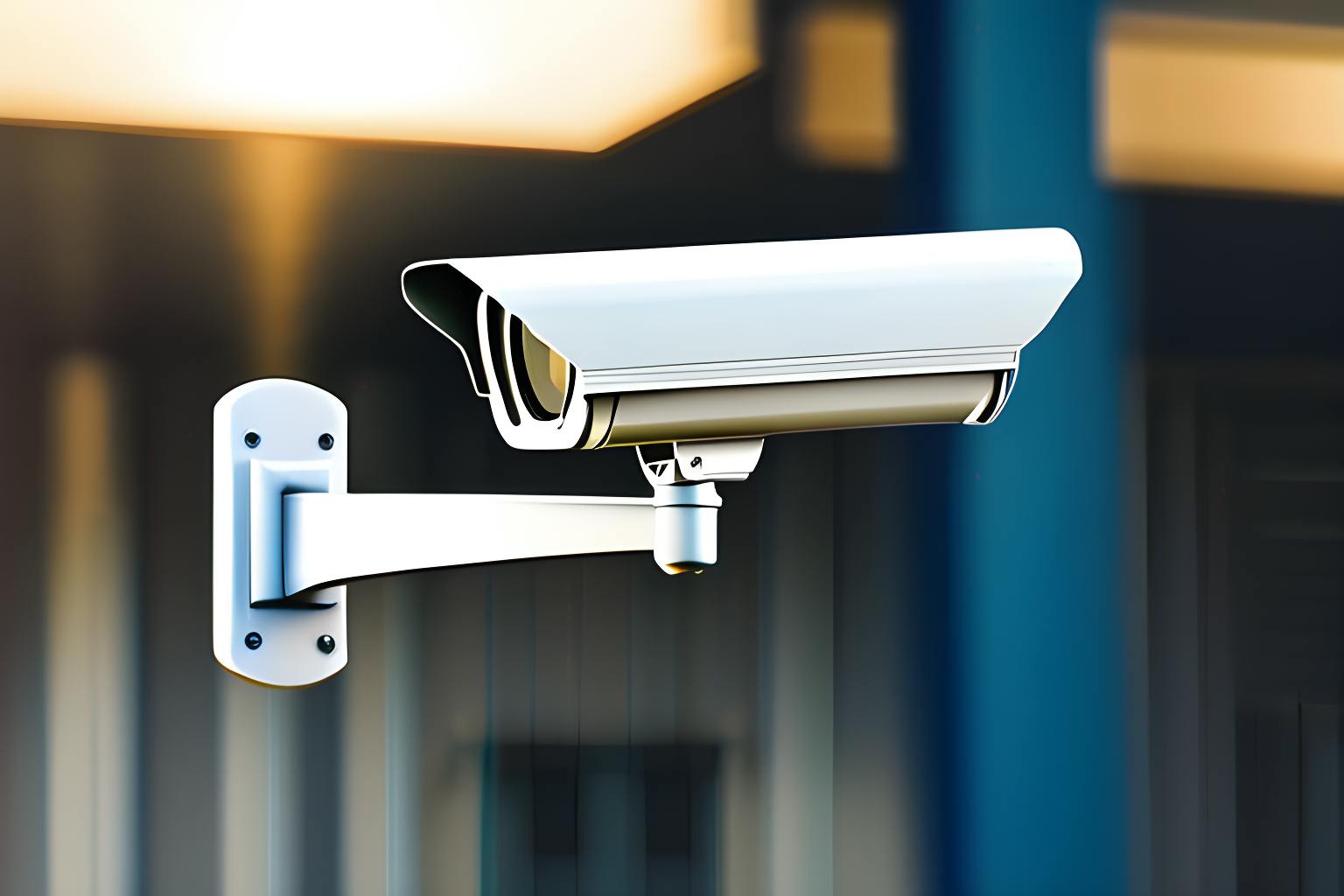Microsoft v. United States (2016) Court Filing, retrieved on July 14, 2016, is part of HackerNoon’s Legal PDF Series. You can jump to any part in this filing here. This part is 1 of 22.
3. Legislative History
We consult the Act’s legislative history to test our conclusion.
In enacting the SCA, Congress expressed a concern that developments in technology could erode the privacy interest that Americans traditionally enjoyed in their records and communications. See S. Rep. No. 99‐541, at 3 (“With the advent of computerized recordkeeping systems, Americans have lost the ability to lock away a great deal of personal and business information.”); H.R. Rep. No. 99‐647, at 19 (1986) (“[M]ost important, if Congress does not act to protect the privacy of our citizens, we may see the gradual erosion of a precious right.”). In particular, Congress noted that the actions of private parties were largely unregulated when it came to maintaining the privacy of stored electronic communications. See S. Rep. No. 99‐541, at 3; H.R. Rep. No. 99‐647, at 18. And Congress observed further that recent Supreme Court precedent called into question the breadth of the protection to which electronic records and communications might be entitled under the Fourth Amendment. See S. Rep. No. 99‐ 541, at 3 (citing United States v. Miller, 425 U.S. 435 (1976), for proposition that because records and private correspondence in computing context are “subject to control by a third party computer operator, the information may be subject to no constitutional privacy protection”); H.R. Rep. No. 99‐647, at 23 (citing Miller for proposition that “under current law a subscriber or customer probably has very limited rights to assert in connection with the disclosure of records held or maintained by remote computing services”).
Accordingly, Congress set out to erect a set of statutory protections for stored electronic communications. See S. Rep. No. 99‐541, at 3; H.R. Rep. No. 99‐647, at 19. In regard to governmental access, Congress sought to ensure that the protections traditionally afforded by the Fourth Amendment extended to the electronic forum. See H.R. Rep. No. 99‐647, at 19 (“Additional legal protection is necessary to ensure the continued vitality of the Fourth Amendment.”). It therefore modeled § 2703 after its understanding of the scope of the Fourth Amendment. As the House Judiciary Committee explained in its report, it appeared likely to the Committee that “the courts would find that the parties to an e‐mail transmission have a ‘reasonable expectation of privacy’ and that a warrant of some kind is required.” Id. at 22.
We believe this legislative history tends to confirm our view that the Act’s privacy provisions were its impetus and focus. Although Congress did not overlook law enforcement needs in formulating the statute, neither were those needs the primary motivator for the enactment. See S. Rep. No. 99‐541, at 3 (in drafting SCA, Senate Judiciary Committee sought “to protect privacy interests in personal and proprietary information, while protecting the Government’s legitimate law enforcement needs”).
Taken as a whole, the legislative history tends to confirm our view that the focus of the SCA’s warrant provisions is on protecting users’ privacy interests in stored communications.
Continue Reading Here.
About HackerNoon Legal PDF Series: We bring you the most important technical and insightful public domain court case filings.
This court case No. 15–777 retrieved on September 27, 2023, from cases.justia.com is part of the public domain. The court-created documents are works of the federal government, and under copyright law, are automatically placed in the public domain and may be shared without legal restriction.

